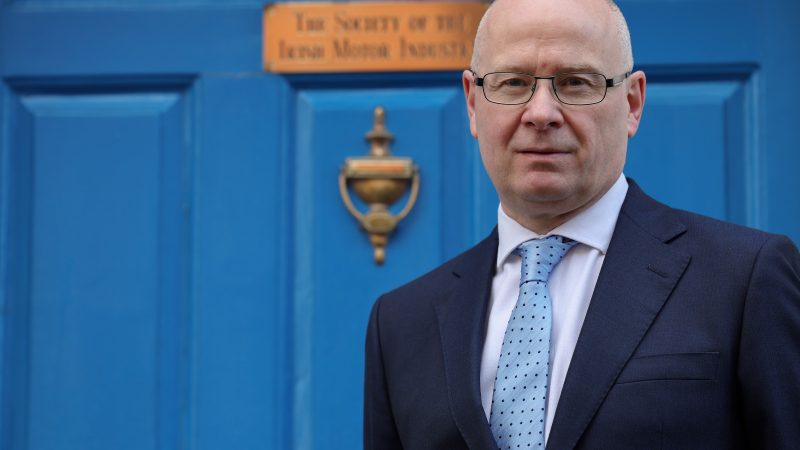The committee has published its pre-legislative scrutiny report of the General Scheme of the Sick Pay Bill and while it does approve the plan, members have expressed concern about the requirement for medical certification, saying they did not want it to act as an additional obstacle.
The committee is recommending that a rebate of the cost of such certification should be made available to ease the financial burden on employees, particularly those who are low paid.
The committee is also calling for businesses to be given an exemption from the sick pay requirement if they can demonstrate to the Labour Court that they cannot genuinely afford to make the payment.
Launching the report, Committee Cathaoirleach Maurice Quinlivan said Ireland was an outlier as one of the few advanced countries in Europe with no mandatory sick pay scheme.
“At present, there is no statutory obligation on an employer to pay for a medically certified absence of an employee due to illness. While many employers do provide such sick pay, employees who do not receive such sick pay are disadvantaged,” the Sinn Féin TD said.
In June last year, Tánaiste and Minister for Enterprise, Trade and Employment Leo Varadkar announced details of the new law to give all workers the right to paid sick leave.
The statutory sick pay scheme will be phased in over a four-year period, starting with three days per year in 2022, rising to five days payable in 2023 and seven days payable in 2024.
Employers will eventually cover the cost of ten sick days per year in 2025.
Statutory sick pay will be paid by employers at a rate of 70% of an employee’s wage, subject to a daily maximum of €110.








